Uncategorized
-
 Astronomy
AstronomyReaders ponder mysterious origins of oxygen on comets and Earth
Readers pondered the origins of oxygen within a comet and during Earth's history.
-
 Life
LifeSigns of food allergies may be present at birth
Overactive immune cells may prime babies for food allergies.
-
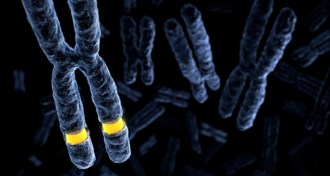 Genetics
GeneticsDrug candidate fails to improve symptoms of fragile X syndrome
A drug designed to treat fragile X syndrome has proven ineffective in clinical trials.
-
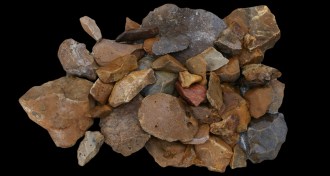 Archaeology
ArchaeologyAncient stone tools raise tantalizing questions over who colonized Sulawesi
Hominids reached an island not far from hobbits’ home by around 200,000 years ago.
By Bruce Bower -
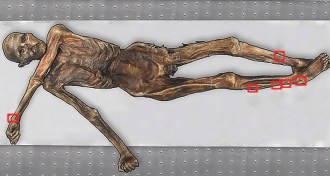 Anthropology
AnthropologyIceman has the world’s oldest tattoos
A more than 5,000-year-old European mummy gets his tattoos confirmed as world’s oldest.
By Bruce Bower -
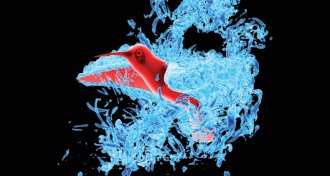 Animals
AnimalsCapturing the wonders of hummingbird flight
Recent computer simulations reveal how hummingbirds manipulate the air around them to aid in flight.
By Andrew Grant -
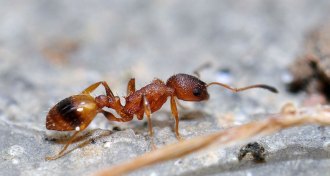 Animals
AnimalsAnts don’t make decisions on the move
Worker ants stand still while processing environmental cues and planning their next moves, a new study suggests.
-
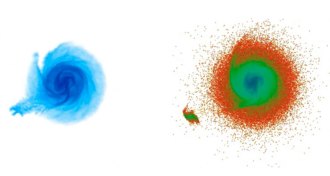 Astronomy
AstronomyClues left at a galactic hit-and-run
Scientists may have discovered a dwarf galaxy that triggered a “galaxy quake” when it buzzed by the Milky Way a few hundred million years ago.
By Andrew Grant -
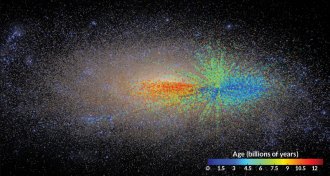 Astronomy
AstronomyRed giants map how the Milky Way grew
A new catalog of the ages of our galaxy’s stars confirms that the Milky Way grew from the inside out.
By Andrew Grant -
 Health & Medicine
Health & MedicineMom’s weight during pregnancy shapes baby’s health
Obesity at conception or during pregnancy is a big problem that's getting bigger: New evidence says a child's mental health could be at stake.
By Laura Beil -
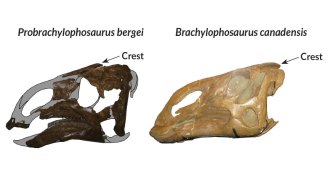 Paleontology
PaleontologyFossils provide link in dino crest evolution
Fossils from a newly identified duck-billed dinosaur in Montana could explain how their descendants developed flamboyant nose crests.
-
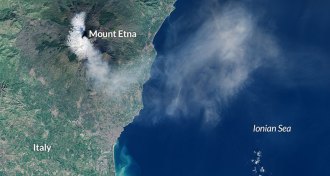 Earth
EarthSuccession of satellites keep eye on Earth
50 years after plans were laid for the first Earth-observing spacecraft, the youngest Landsat satellites are still flying and imaging the planet’s surface.